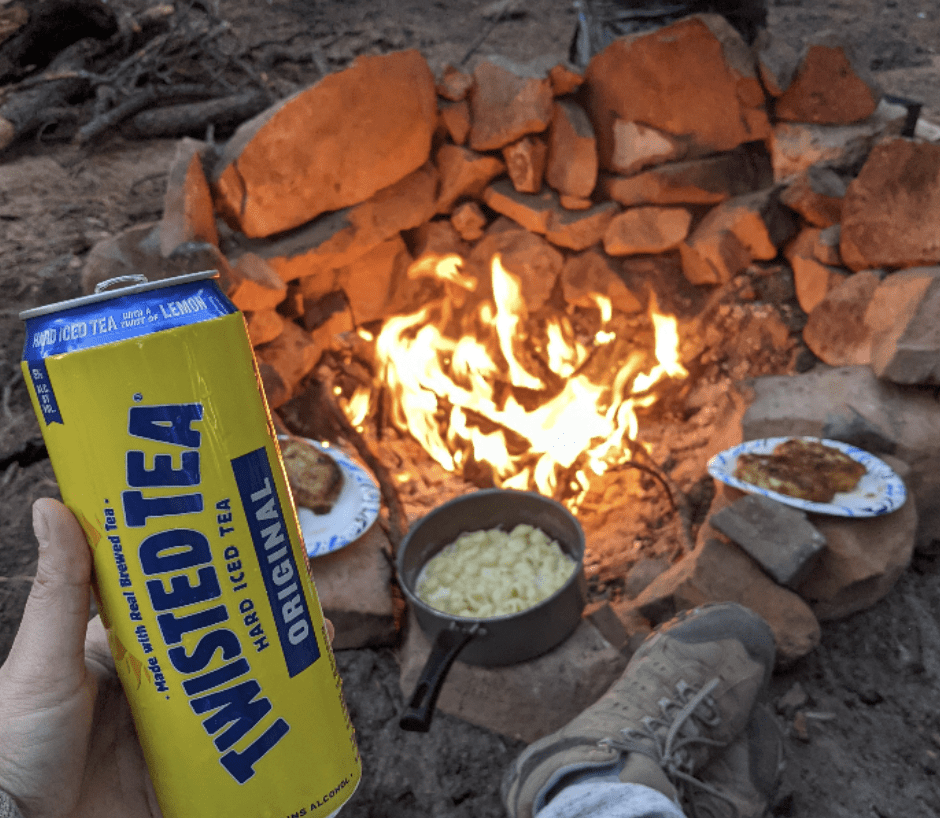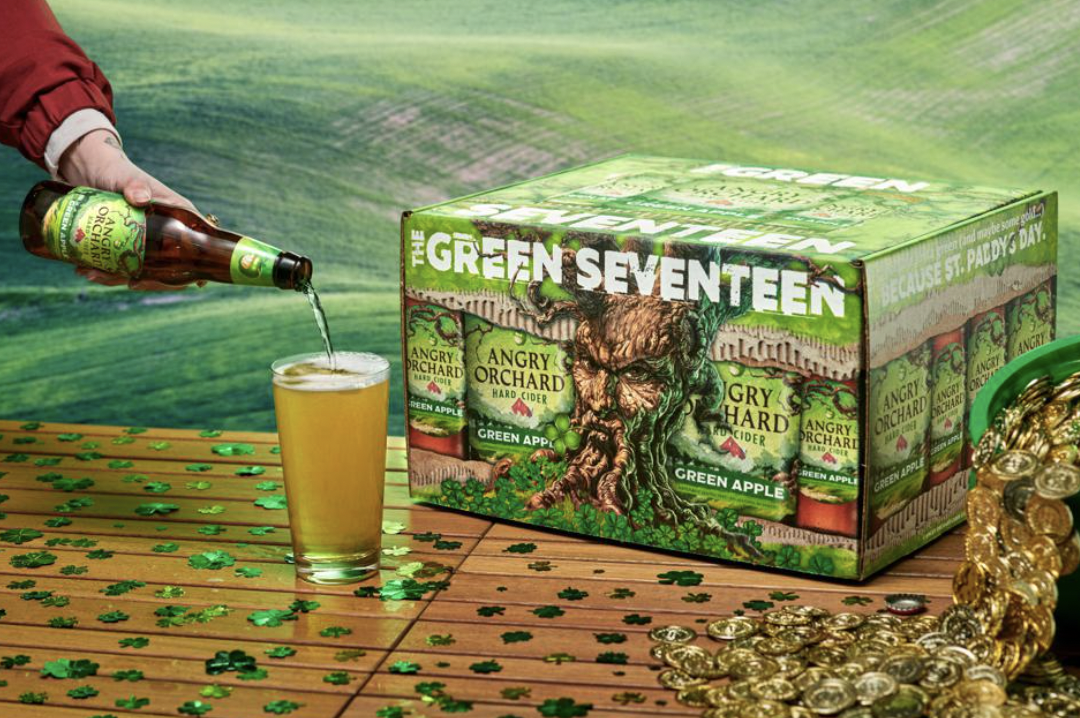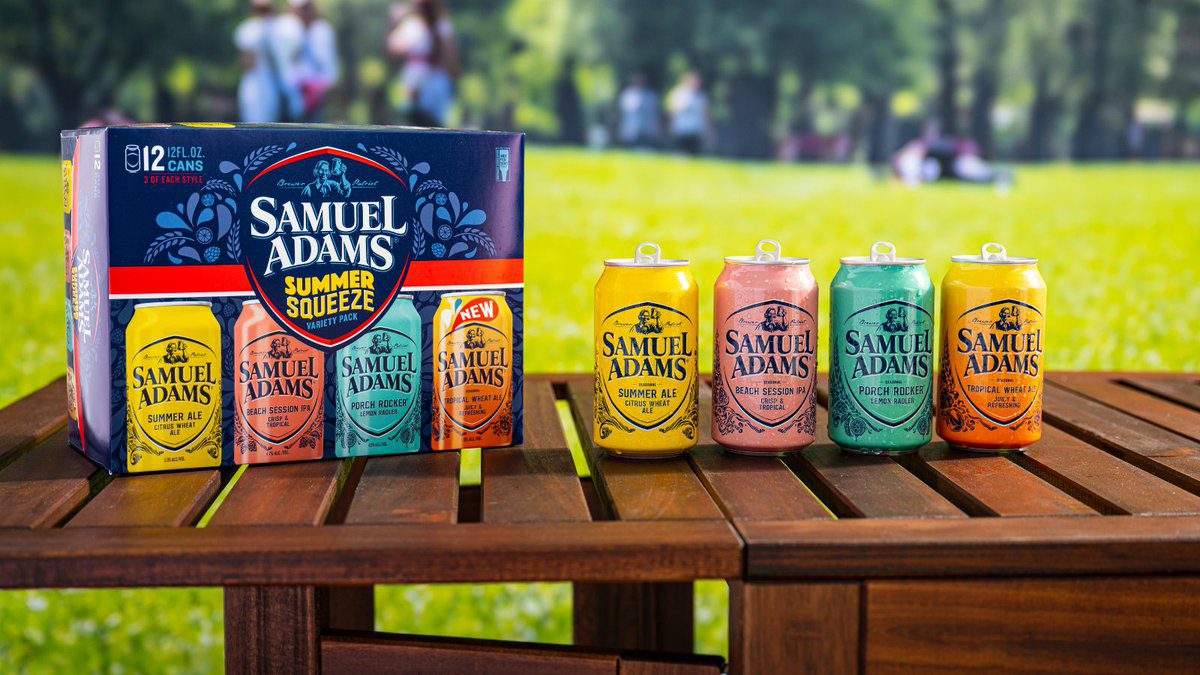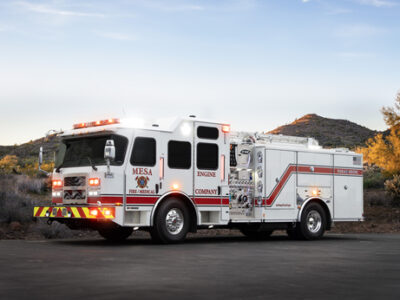No matter where you align in rooting for Boston sports teams, we can all get behind a Boston-based company doing its part to fight changes to the climate. You may not know about Boston Beer Company, the makers of Samuel Adams beer, and some of the most popular ready-to-drink cocktails, but now is the perfect time to get familiar with them and their sustainability mission. They’ve also made significant contributions toward social outreach and uplifting small businesses.
Boston Beer Company has been around for over three decades, and chances are you have consumed some of their products. Opened in 1984 by Jim Koch, the self-proclaimed Willy Wonka of Beer, they have been a mainstay in the craft beverage industry, creating some of the best in the country. Outside the Samuel Adams brand, Boston Beer produces Dogfish IPA, Twisted Tea, Truly Hard Seltzers, and most recently, Hard Mountain Dew.
Koch and his brewery have tapped into a consumer market that looks for new drinks to show off to their friends. Producing these beverages takes substantial amounts of time and resources. Koch recognized the need to change course in brewing, distribution, and waste management processes, making Boston Beer one of the most sustainable beverage companies.

For the last few years, Boston Beer began an intensive recycling program that recycles and reuses more than just cans or bottles. They found ways to recycle expired Samuel Adams beers to use materials in the beer solution, refurbished wooden pallets for stacking boxes and plastic wrap and old paper packages.
The company installed carbon dioxide capture systems to cut emissions and reuse the gas for carbonation. Leftover grain and yeast from brewing are donated to local dairy farmers for feed or fertilizer. You could say Boston Beer doesn’t let anything go to waste.
On top of the recycling program, Boston Beer has found ways to be more energy efficient. Working out of almost-100-year-old breweries in Boston and Pennsylvania, the company installed motion-sensor lights and new foam insulation into beer-aging cellars to avoid using more electricity for heating and cooling. In addition, all brewery transportation hubs abide by “no-idle” rules and have switched to rail systems for transporting raw materials. The cutback on truck use has reduced their emission rate.
Boston Beer also prides itself on its extensive social outreach and philanthropic efforts. The program known as Brewing the American Dream (BTAD) is the most noteworthy. Started in 2008 by Koch, BTAD assists small businesses with loans to help them purchase supplies or machinery. The official company 2021 report notes how BTAD has helped around 13,000 businesses, creating around 9,000 jobs. What’s even more impressive is that $74 million have been loaned out with close to a 95% repayment rate by the business owners. This success isn’t achieved without substantial buy-in from company shareholders and a leader like Koch spearheading the efforts. The buck doesn’t stop with helping small businesses, though.
The company has carried out some smaller social outreach efforts. To celebrate St. Patrick’s Day in March 2021, Boston Beer held a promotion for Angry Orchard Green Apple Cider where 17 lucky contestants could win up to $500 in Bitcoin if they entered a code in the money-sending app, CashApp. While this social outreach program went under the radar, it shows how the firm tries to connect with its young consumers. Koch’s enthusiasm has never wavered when connecting with his audience.

The future remains a mystery for Boston Beer Company as it travels through an ever-changing beverage market. Koch and CEO Dave Burwick gave interviews with Business Insider and Yahoo! Finance talking about the hard seltzer market and the hurdles involved in the increasing competition from other companies. They touched on how products like this new alcoholic Mountain Dew and the partnership with PepsiCo will open new paths in the consumer market.





